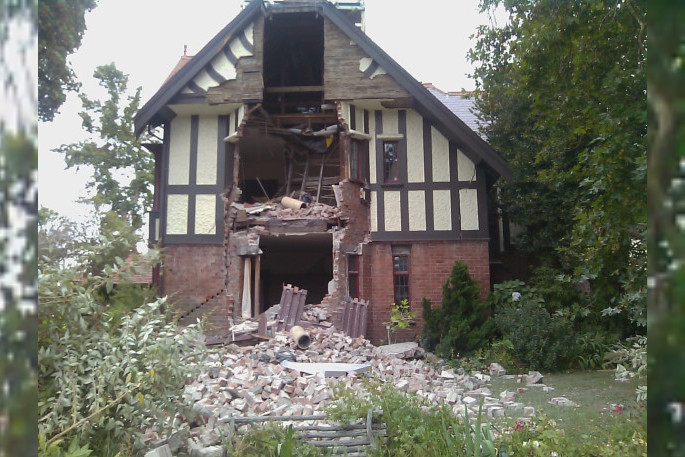Fairer, more sensible rules about managing earthquake risks are a step closer with the passing of legislation and the appointment of an independent chair to provide expert advice, Minister for Building and Construction Chris Penk said.
“The Government is committed to reinvigorating our cities and regions to support economic growth, while also recognising life safety risks posed by earthquakes," said Penk.
"However, the experience of many building owners under current earthquake building settings has been the worst of both worlds: earthquake-prone buildings are not being remediated and strengthened, nor demolished and replaced, with large costs associated with inaction."
Penk said for this reason, the Government is progressing an extensive review of the earthquake building settings and has appointed an independent chair and advisory group to provide expert advice.
“I am very pleased to announce that Dr Erica Seville has been appointed as the independent chair and earlier this month she chaired her first meeting with the advisory panel," Penk said.
“While the review progresses, the Government has passed legislation to extend the remediation deadline for earthquake prone buildings by four years.
“The Building (Earthquake-prone Building Deadlines and Other Matters) Amendment Bill, which passed third reading today, provides temporary relief from compliance and enforcement challenges."
Penk said the decision to extend the remediation deadlines was not taken lightly but it does not make sense to require building owners to comply with standards that, once the review is completed, will likely change.
"The extension is about providing building owners with as much clarity and certainty as possible in the meantime," Penk said.
“The appointment of an independent chair and advisory panel will ensure that the review of the settings is fair and thorough. Kiwis can have confidence that the review will take into consideration the full range of evidence and reflect building owners’ voices, while drawing on expert and sector knowledge.
“Dr Seville has a degree in engineering and a PhD in risk management and has advised organisations here and abroad about how to prepare for and navigate crises. Dr Seville is currently serving her third term as a commissioner on the board of the Natural Hazards Commission and is a director of Building Research Association of New Zealand (BRANZ)."
Penk said Dr Seville is leading an advisory panel consisting of 10 nominated representatives from both public and private organisations across the building, construction and property sectors.
“I am looking forward to receiving recommendations from the review and implementing practical solutions that will provide a safer and more certain future for building owners and the public," Penk said.
The public are invited to give feedback and share their views on how effective the current system is for managing earthquake risk here. This feedback will be considered as part of the review.
More information about the earthquake-prone building review and the steering group can be found on the MBIE website here.



0 comments
Leave a Comment
You must be logged in to make a comment.